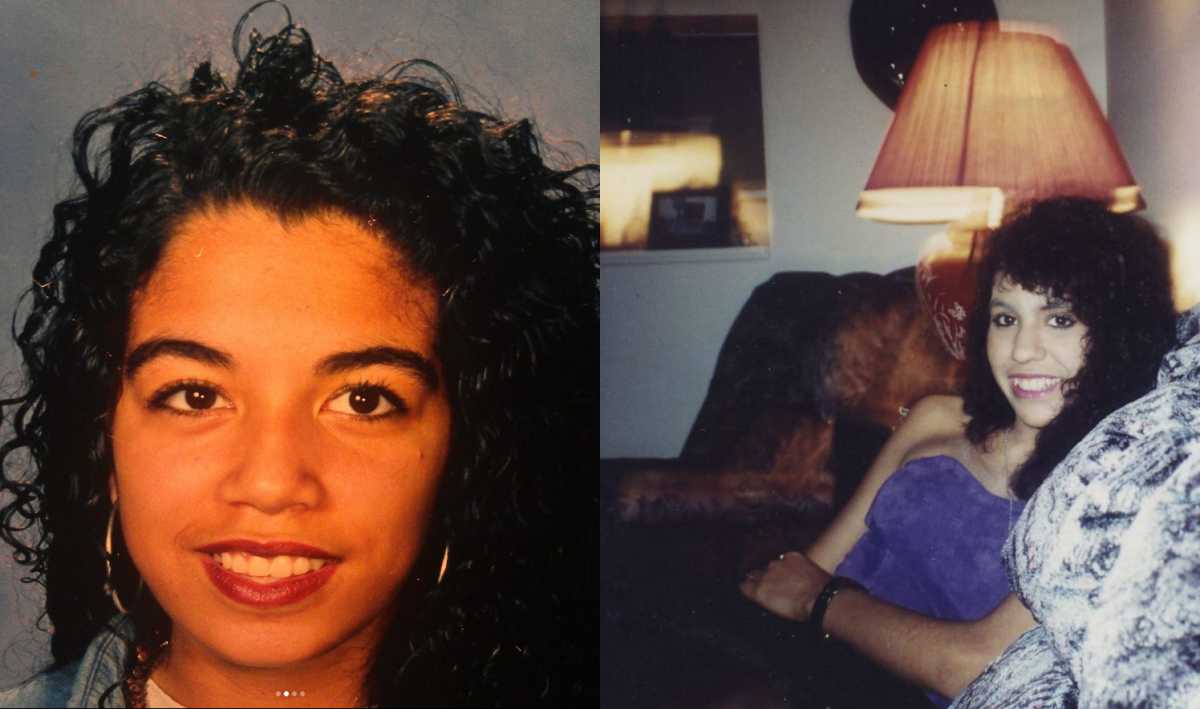News
Families Gather for Candlelight Vigil as Convicted Killer Robert Pickton Becomes Eligible for Parole

Families and friends of the victims of the notorious B.C. serial killer Robert Pickton gathered for a candlelight vigil at the former site of Pickton’s farm, located in Port Coquitlam. The solemn event marked more than 20 years since the police raid on the farm, which revealed the grim reality of Pickton’s heinous crimes.
Lorelei Williams, a vocal advocate for missing and murdered Indigenous women and girls, recounted the pain that still lingers as her cousin, Tanya Holyk, was among the victims whose DNA was found on Pickton’s property. Williams expressed dismay at the fact that Pickton is now eligible to apply for day parole, stating that the justice system has failed in bringing true justice for the families of the victims.
Robert Pickton, now in his 70s, was charged with 26 murders related to the disappearances of women from Vancouver‘s Downtown Eastside. Despite being convicted of six counts of second-degree murder, including victims Marnie Frey, Mona Wilson, Andrea Joesbury, Sereena Abotsway, Brenda Wolfe, and Georgina Papin, other cases remain unresolved.
The vigil held by the families and friends of the victims aimed to honour and remember those whose lives were taken by Pickton’s actions. The poignant gathering included cultural and mental health supports for the attendees.
Sasha Reid, an applied psychologist, highlighted the lack of consultation in recent applications by the B.C. RCMP to dispose of evidence related to the Pickton case. Concerns were raised about the transparency and completeness of the disposal process, particularly considering the sensitivity of the case.
Throughout the years, families of the victims have struggled for justice, advocating against the destruction of exhibits and seeking closure for the lives lost. The Hope for Wellness Help Line, offering crucial support for Indigenous Peoples in distress, remains a vital resource for those affected by such traumatic events.












